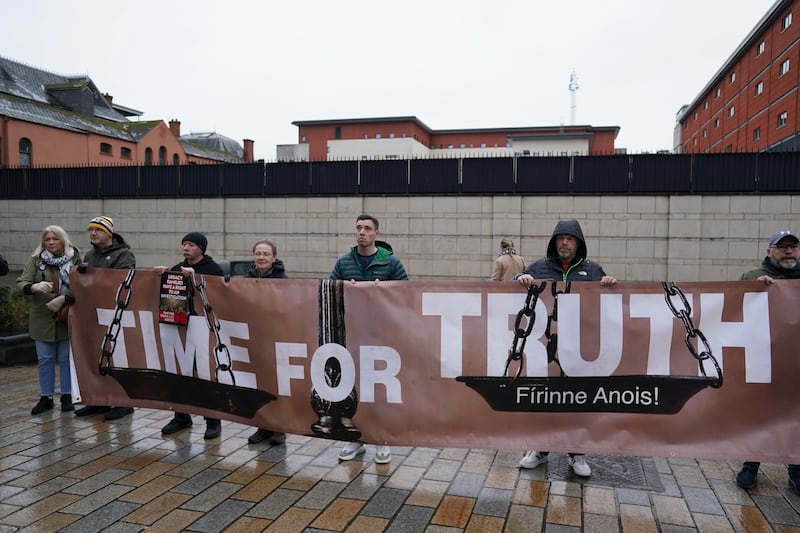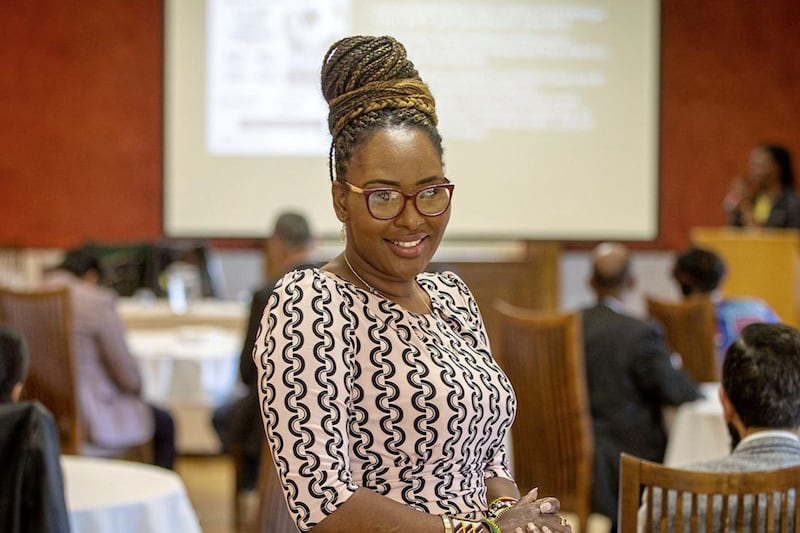There are calls for an initiative which allows people to be told if their partner has a history of violence to be extended to Northern Ireland.
Known as Clare's Law after Clare Wood who was murdered in 2009 by her ex-boyfriend George Appleton in Greater Manchester, the scheme has already been introduced in England and Wales and was recently rolled out in Scotland.
The 36-year-old victim had not known the man she was in a relationship with had previously been violent towards women.
At that time it was difficult for anyone to find out if a partner had prior convictions for violence or domestic abuse.
As a result of Clare's Law in Britain, someone embarking on a new relationship, or their friends, relatives or social workers, can seek information which can be disclosed in a bid to protect potential victims.
The fact that this measure is now available to those vulnerable to abuse is down to the determination of Clare Woods' father, Michael Brown.
After his 36-year-old daughter was strangled and set on fire by Appleton, he campaigned for people to have the right to seek information and for the police and other agencies to tell someone if there are grounds for concern.
A consultation process is currently taking place on proposed legislation that would establish a domestic violence disclosure scheme in Northern Ireland.
There is no doubt the scale of domestic abuse in the north is deeply worrying with police called out to an incident every 20 minutes.
In recent years there have been several murders with a `domestic abuse motivation' while hundreds of rapes have been reported.
A Stormont plan aimed at tackling this serious problem has been beset by delays although there are projects underway to provide victims with support.
A disclosure scheme such as the one in place in England, Wales and Scotland would be widely welcomed in Northern Ireland as part of a wider strategy aimed at protecting people from abuse in the home.







